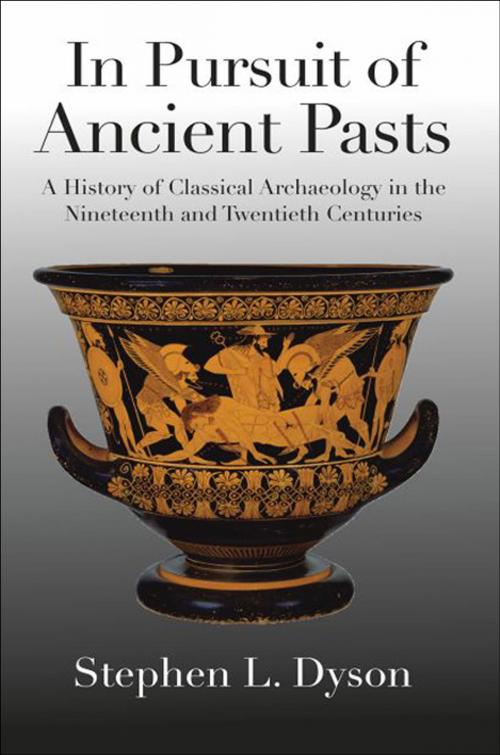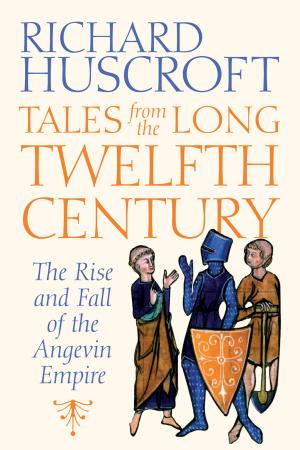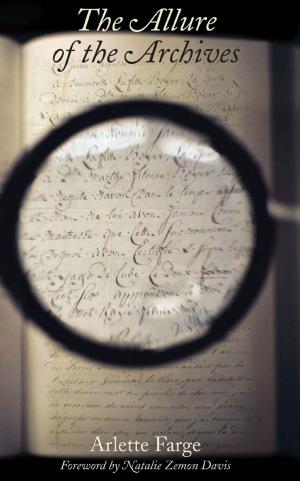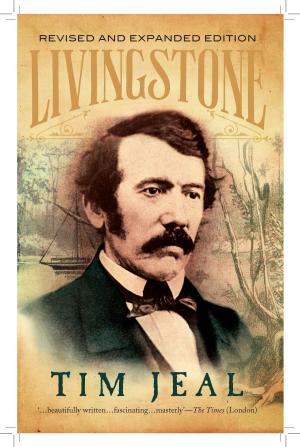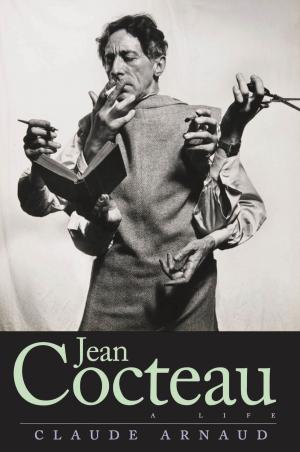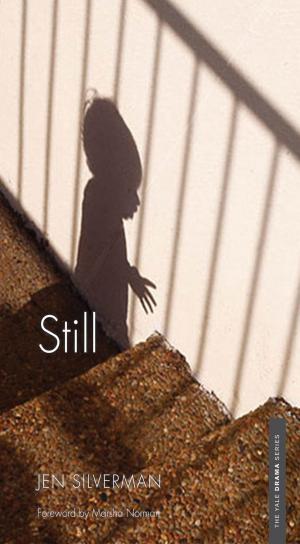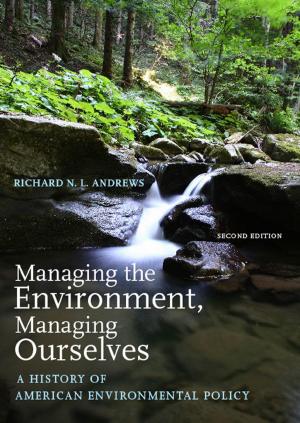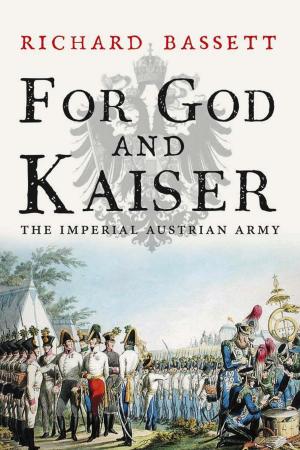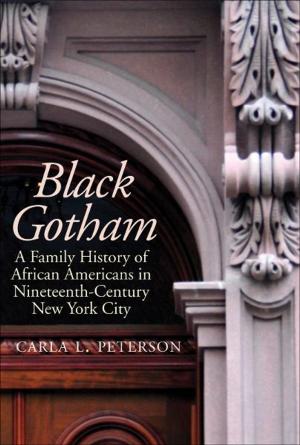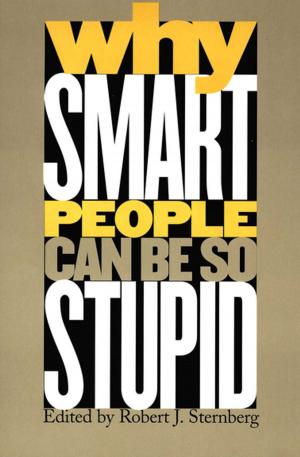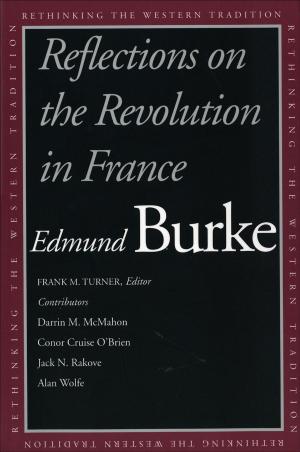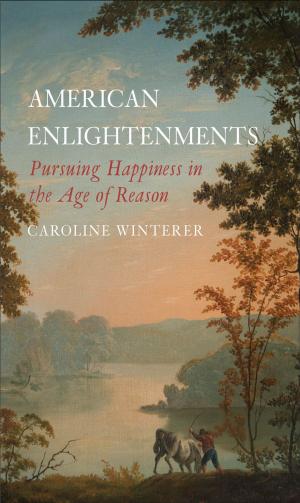In Pursuit of Ancient Pasts
A History of Classical Archaeology in the Nineteenth and Twentieth Centuries
Nonfiction, History| Author: | Professor Stephen L. Dyson | ISBN: | 9780300134971 |
| Publisher: | Yale University Press | Publication: | October 1, 2008 |
| Imprint: | Yale University Press | Language: | English |
| Author: | Professor Stephen L. Dyson |
| ISBN: | 9780300134971 |
| Publisher: | Yale University Press |
| Publication: | October 1, 2008 |
| Imprint: | Yale University Press |
| Language: | English |
The stories behind the acquisition of ancient antiquities are often as important as those that tell of their creation. This fascinating book provides a comprehensive account of the history and development of classical archaeology, explaining how and why artifacts have moved from foreign soil to collections around the world.
As archaeologist Stephen Dyson shows, Greek and Roman archaeological study was closely intertwined with ideas about class and social structure; the rise of nationalism and later political ideologies such as fascism; and the physical and cultural development of most of the important art museums in Europe and the United States, whose prestige depended on their creation of collections of classical art. Accompanied by a discussion of the history of each of the major national traditions and their significant figures, this lively book shows how classical archaeology has influenced attitudes about areas as wide-ranging as tourism, nationalism, the role of the museum, and historicism in nineteenth- and twentieth-century art.
As archaeologist Stephen Dyson shows, Greek and Roman archaeological study was closely intertwined with ideas about class and social structure; the rise of nationalism and later political ideologies such as fascism; and the physical and cultural development of most of the important art museums in Europe and the United States, whose prestige depended on their creation of collections of classical art. Accompanied by a discussion of the history of each of the major national traditions and their significant figures, this lively book shows how classical archaeology has influenced attitudes about areas as wide-ranging as tourism, nationalism, the role of the museum, and historicism in nineteenth- and twentieth-century art.
